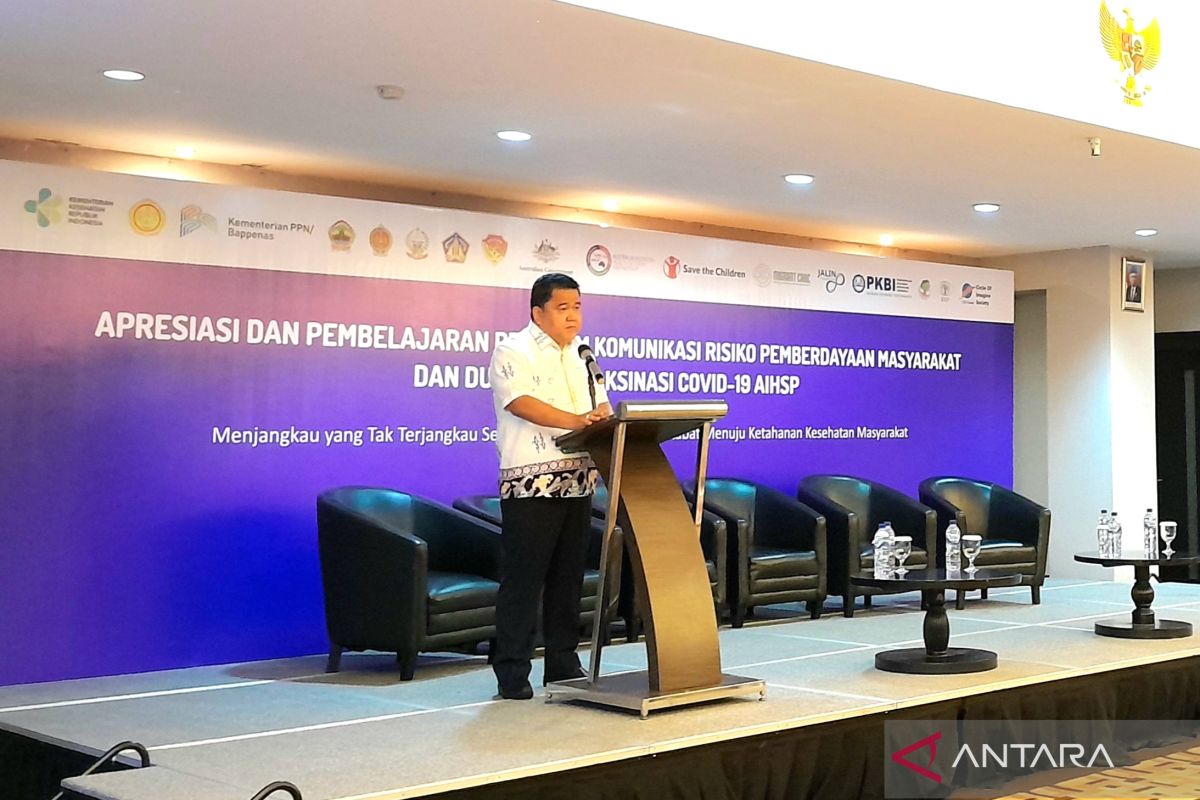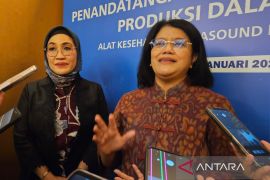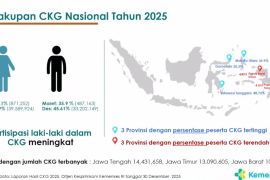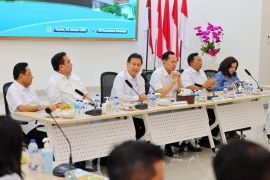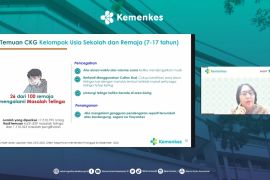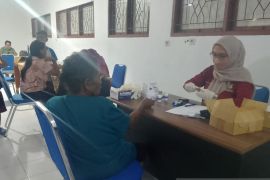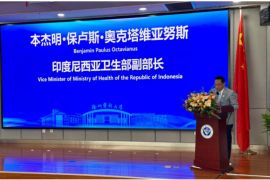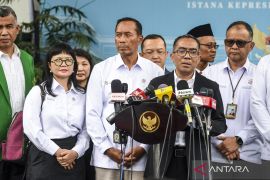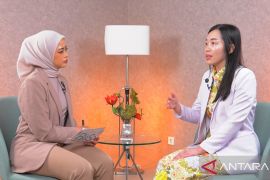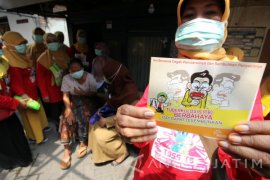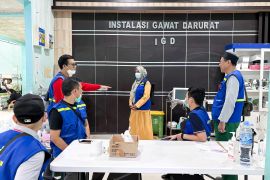We can do it as long as we work together and cooperateJakarta (ANTARA) - The Health Ministry underscored the importance of establishing multi-party risk communication in order to prevent infectious diseases.
"There needs to be a good risk communication to persuade people, who do not want to get vaccinated and who do not want to take medications. Hence, it is important for us to establish risk communication," Director General for Disease Prevention and Control at the Health Ministry Maxi Rein Rondonuwu remarked here on Monday.
Risk communication, he added, is especially important not just for COVID-19 but also for other infectious diseases that still threaten the country, such as tuberculosis and HIV.
He underscored the need to build public trust through risk communication promoted by medical personnel at integrated health centers (puskesmas).
"It is important to build public trust, so they would want to get vaccinated and get treatment, so that transformation of primary health services, including integrated health centers, can be achieved," he delivered the statement at the "Commendation and Learning Risk Communication for People Empowerment and Support for COVID-19 Vaccination."
Rondonuwu highlighted the need for inclusive risk communication in order to cover vulnerable groups in the coverage of vaccination services.
"We can do it as long as we work together and cooperate. The initiative that pushes inclusive services is very good because there are so many issues we found at the regional scope, for example, medical personnel that cannot go for 50 km from the integrated health center to people's residences," he explained.
According to Rondonuwu, Risk Communication for People Empowerment is a crucial means of communication to ensure that people get vaccinated or receive treatment in the event of getting infected.
A representative of the Central Java Elderly Care Community Aron Aan Damara remarked that establishing risk communication risk at the regional scale is necessary, as a consistent approach is necessary and not just a one-time method.
"I once visited an elderly woman, who is in her 70s. When I first came, she did not want to be vaccinated. Then, in my second visit, I changed the communication style. I told her I would carry her, hug her, eventually she gives in," Damara recalled.
Rondonuwu emphasized that one can learn from good, successful regional-scope risk communication and emulate it to prevent other types of infectious diseases in a bid to prepare people for other pandemics in future.
Related news: Climate change causing an increase in infectious diseases: BRIN
Related news: Gov't targets 90-percent nationwide detection of TBC cases by 2024
Related news: Gov't supports efforts to improve monkeypox detection capabilities
Translator: Lintang Budiyanti P, Mecca Yumna
Editor: Sri Haryati
Copyright © ANTARA 2023
